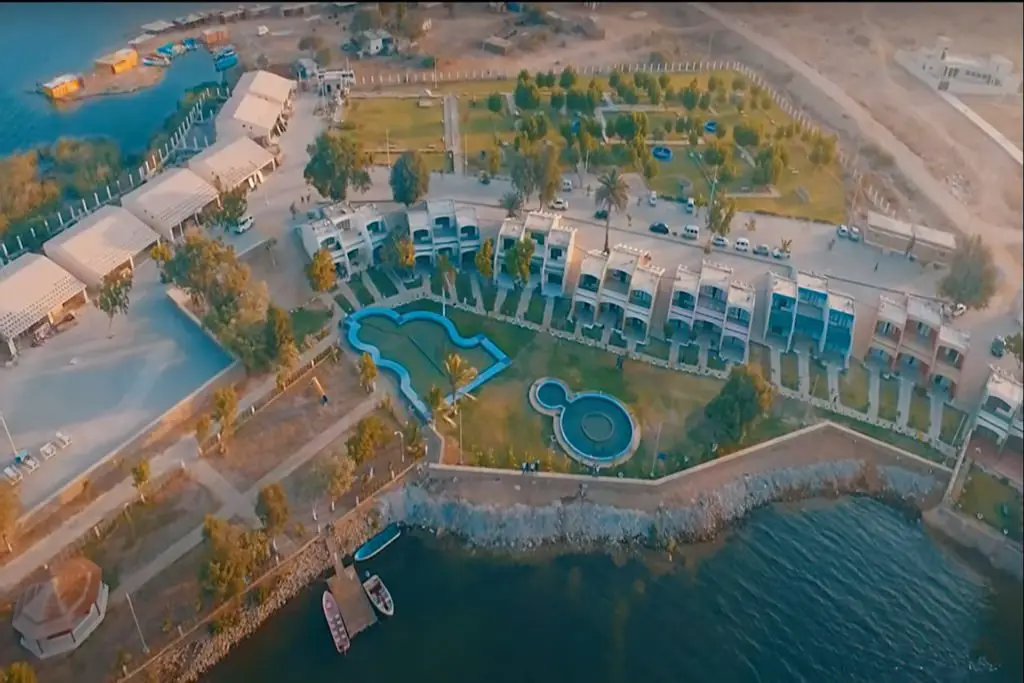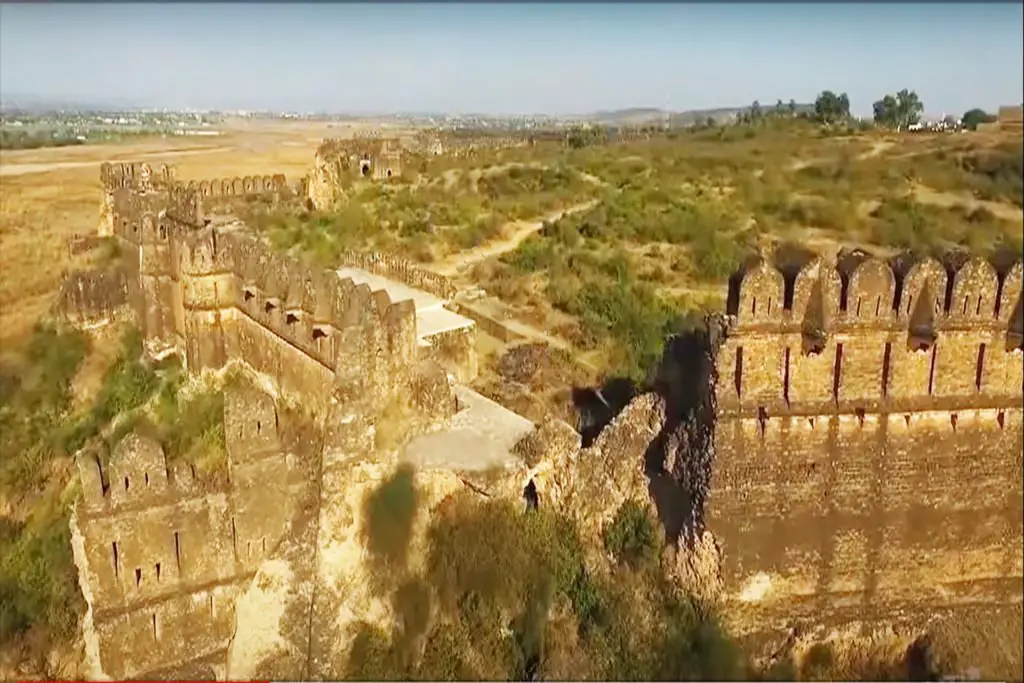Nestled in the heart of the Cyclades archipelago in the Aegean Sea, the small island of Delos emerges as a timeless sanctuary of myth and history. Revered as the birthplace of the twin gods Apollo and Artemis, Delos holds a sacred place in Greek mythology and a rich archaeological heritage that reflects the stories of gods, mortals, and civilizations long past. In this article, we embark on a journey to explore the captivating allure and profound significance of the Island of Delos.
Mythological Origins:
Delos owes its mystique to ancient Greek mythology, where it is believed that Leto, a titaness, gave birth to Apollo and Artemis on its sacred shores. The island’s birth is intertwined with these divine twins, who would become symbols of light, music, archery, and the moon.
Sanctuary of the Gods:
Delos quickly became a revered religious center, attracting pilgrims from all corners of the Greek world. As a neutral ground, the island was declared a sacred sanctuary, making it a place of safe passage and diplomacy, even in times of war.
Archaeological Splendors:
The archaeological treasures of Delos offer a glimpse into its historical significance. The island boasts an impressive array of ruins, including temples, marketplaces, theaters, and residences. The Terrace of the Lions, a row of iconic marble lion statues guarding the sacred way, stands as a testament to the island’s grandeur.
Unveiling the Past:
Excavations on Delos, which began in the 19th century, have unearthed a wealth of artifacts and insights into daily life in ancient Greece. Intricately adorned mosaics, statues, pottery, and architectural marvels provide a vivid portrait of a flourishing ancient city.
Cultural Crossroads:
Delos was not only a religious and mythological center but also a hub of cultural exchange. It was a melting pot of diverse civilizations, with traders and settlers from various parts of the Mediterranean converging on its shores. The island’s cosmopolitan character left an indelible mark on its art, architecture, and way of life.
Decline and Rediscovery:
Delos’ significance waned in the Hellenistic and Roman periods, and the island eventually fell into decline. It was largely abandoned and forgotten until the 19th century when dedicated archaeologists began to unearth its secrets, revealing a treasure trove of ancient wonders.
Preserving the Legacy:
Today, Delos is a UNESCO World Heritage site, carefully preserved as an open-air museum that offers a tangible connection to the past. Visitors can wander through the ruins, tracing the footsteps of ancient inhabitants and exploring the island’s timeless beauty.
A Spiritual Pilgrimage:
For modern visitors, Delos remains a place of pilgrimage, drawing those seeking to connect with the island’s rich history and mythical roots. Its serene landscapes, ancient ruins, and evocative aura continue to inspire awe and wonder.
The Island of Delos stands as a testament to the enduring power of myth, the grandeur of ancient civilizations, and the indelible imprint of history on the land. As visitors traverse its hallowed grounds, they embark on a journey through time, where the stories of gods and mortals intertwine, and the whispers of the past echo through the windswept ruins, carrying the legacy of Delos into the present day.






